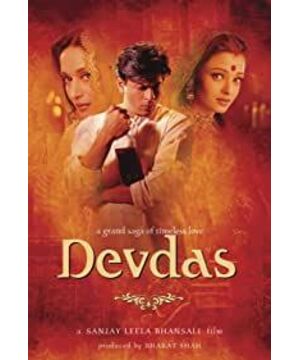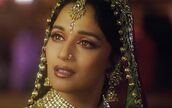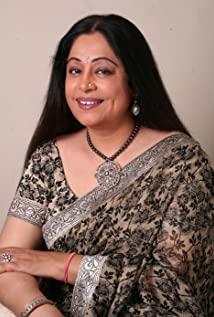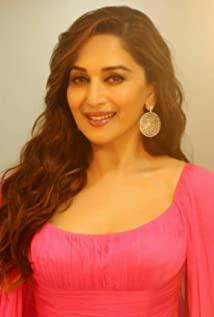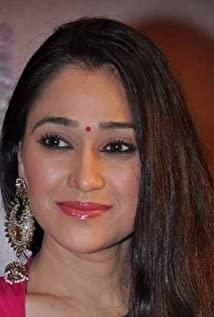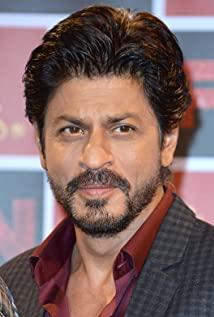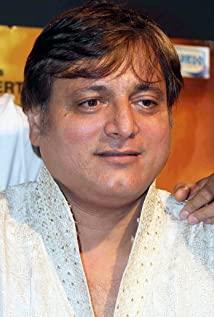As for the storyline, love plus villain plus song and dance is the traditional model of Indian movies, and this one is no different, but davdas touches on one of India's long-standing social ills: the caste system. For us, it is difficult to understand that the lovers are separated because of the difference in the surname level. Many people even despise Dev and think he is cowardly and useless. The final ending seems to be a bit self-inflicted. In fact, the existence of the caste system is a long-standing ill of Indian society. People are branded with their surnames as soon as they are born, and intermarriage between different classes is not recognized. Similar systems were introduced more than 1,600 years ago. It also existed in the Wei and Jin Dynasties. There were no poor families in the top grades, and no noble families in the inferior grades. Even the emperor wanted to marry a wealthy family. In the film, Dev is very helpless. He is powerless to fight against this society. Death is his only relief, and it is also his helpless final resistance to this society. When Dev died, Paro burst into tears and stopped abruptly. This is a tragedy. The hero and heroine finally parted ways, but the bigger tragedy is that what the film did not show us, was nailed by her husband's family for not keeping women's morals How will the Paro face the world, how will Chang Drumsi, who loves him with his life, survive, because of the caste system, how many similar tragedies will be staged? This is what makes davas different from previous Indian films. It destroys the good for others to see, and has its own sadness in the feasting and dancing.
View more about Devdas reviews


